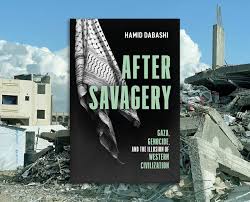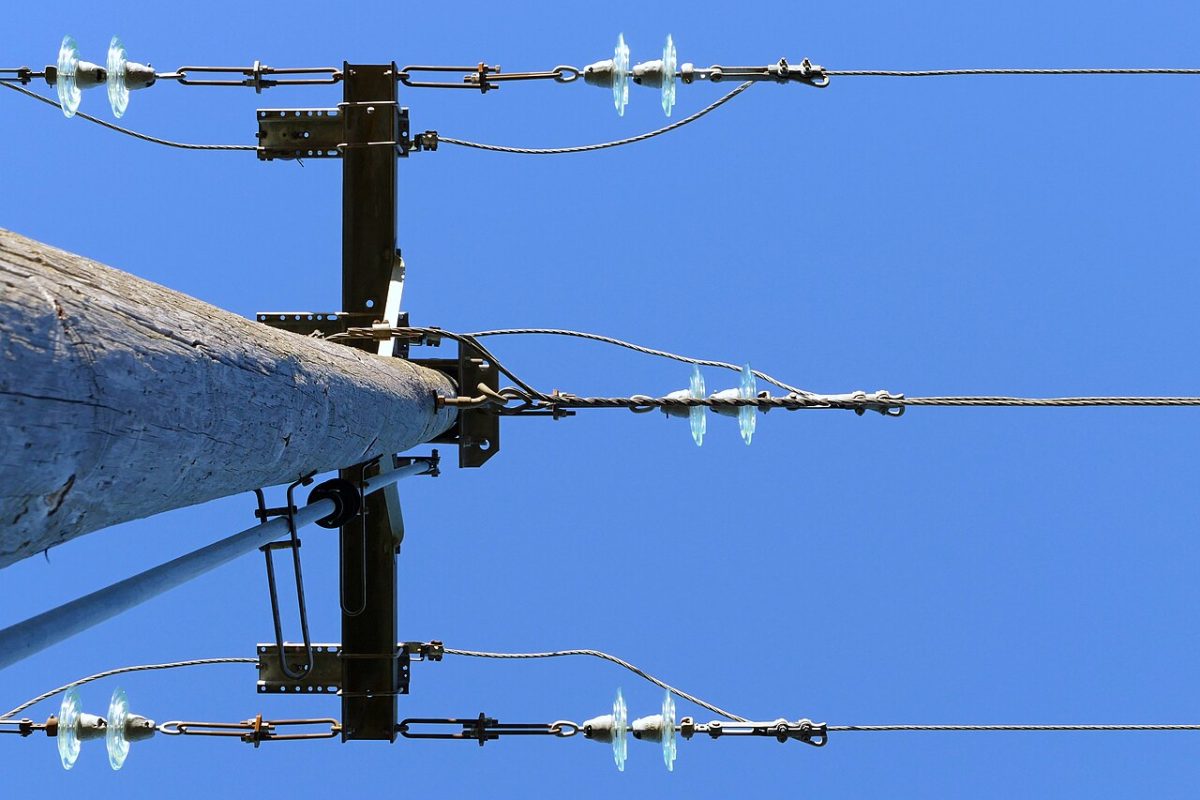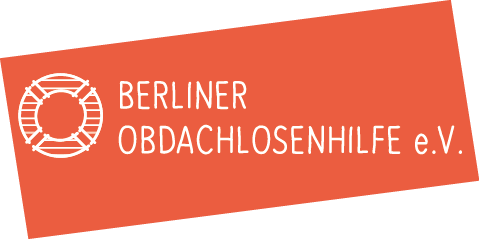On 15th May 2022, Nakba Day, people demonstrated throughout the world for Palestinian rights. This year’s demos were particularly important following the murder of Palestinian journalist Shireen Abu Akleh, shot in the head by Israeli snipers a few days earlier, while she was wearing a press vest. Thousands demonstrated n London, Bahrain, Australia and Ramallah. In Berlin, however, all demonstrations were banned.
Just over a week ago, I wrote about earlier recent bans in Berlin, fuelled by Islamophobia, anti-Palestinian racism and the election of Berlin mayor Franziska Giffey on a law and order platform. At the time, many thought that these bans were a one-off, but it seems that something more permanent is developing. The Berlin police and media are increasingly insinuating that any demonstration for the rights of Palestinians is in itself anti-semitic.
Rally by Jewish Organisations Also Banned
Let’s take the case of 15 May. Palästina Spricht planned to have an information tent on Oranienplatz at the weekend with music, films and discussion, followed by a demonstration on Sunday. On the day that Palestinian journalist Shireen Abu Akleh was murdered, the Berlin police banned all activities for Palestine for Nakba weekend. Their excuse was that “the protests presented an immediate risk of anti-Semitic chants, intimidation and violence”.
A second “rally for freedom of opinion, press and assembly” was registered to protest the ban. This was also banned, as was a rally by the Jüdische Stimme (Jewish Voice, an organisation of Jewish socialists) to mourn Abu Akleh’s death. Police argued that both protests fell under the same ban as the Nakba Day demos, as they were “Ersatzveranstaltungen”, i.e. replacement events.
Before I go on, just stop and think about this. The police can ban a demonstration for dubious reasons. Once they have done this, we have no recourse to complain, because any action to protest the ban can itself be prevented using the same legislation. Even people who are not sympathetic to the Palestinian cause should be deeply concerned about this worrying exercise of state power.
In reaction to the ban, Palästina Spricht issued a statement saying “this latest prohibition reveals the ongoing, coordinated, structural attempt to eliminate our social, political and communal existence in Germany… It is an alarming symptom of unwarranted state repression of certain groups – be it Palestinian, anti-racist or refugee voices. For us to exist has always meant to resist. We ask for your solidarity in our resistance and our existence. We will not be silenced.”
One event which was not banned was a ceremony at Bebelplatz, the square which is infamous for being the site of Nazi book burning. An advent announced a declaration of the “Antisemite of the year” contained a picture of a donkey’s arse on which you could see the logos of Amnesty International (!) and BDS.
The event was eventually withdrawn “to de-escalate the situation” following protests by Jewish activists. Justice senator Lena Kreck said that the Event “was not a good contribution to the important engagement against antisemitism. Nonetheless, the organisers, Solidarisch gegen Hass, continue to receive money from Berlin’s State Programme against Right-Wing Extremism, Racism, and Antisemitism.
Police Attack Flash Mob
As a reaction to the bans, Palestinians and their supporters organised a flashmob on Hermannplatz on Sunday afternoon. Flashmobs are a perfectly legitimate form of protest which are increasingly used by activists denied a voice in the mainstream media. Yet few flashmobs receive the excessive and violent police response as yesterday’s, with reportedly over 100 people being arrested, some violently.
Within 5 minutes, the flashmob was broken up by police, and all participants were kettled. One Palestinian activist, Ramsy Kilani, was not part of the action, but was aggressively thrown into the kettle by police. The police then strode across Hermannplatz making arrests. People were taken away for individually shouting “Free Palestine” or for simply asking what was going on. We can assume that they used racial profiling as they disproportionately picked up people who looked like they had an Arab background.
After being kept in the kettle in hot weather for 1-2 hours, all protestors had to give their details to police and were banned from Hermannplatz for 24 hours. Eventually, they cleared all of Hermannplatz, even telling the people eating ice creams on the square that they must leave. According to BZ, 1,100 police were deployed, at taxpayers’ expense. After questioning from protestors, police said that they had come from Karlsruhe and Saxony.
Reactions to The Police Attacks – Voices From The Kettle
Former Member of the Bundestag Christine Buchholz was at the protest. She expressed outrage that “the grief for the Palestinian journalist Shireen Abu Akleh, murdered by the Israeli army on Wednesday was criminalised.” Buchholz continued: “the demonstration ban is a scandal and the criminalisation of this flashmob is absolutely disproportionate”.
“…the Nakba demonstration ban was in practice extended by the Berliner police to a ban of any Palestinian visibility in the Berlin public space…”
Pawel Wargen was also in the kettle. He said: “German remembrance has been reduced to the treatment of fascism as some kind of aberration, carefully obscuring the long-standing tradition of colonial violence that shaped it. Germany’s efforts to whitewash Israeli settler-colonialism and silence its critics today is proof that the lessons of the past are not only being ignored — they are actively suppressed.”
Majed Abusalema from Palästina Spricht, who was hospitalised after being manhandled by the police tweeted: “From supporting people who experienced police violence to being a direct the victim. The German police presence in Berlin was terrorising. They almost dislocated my shoulders, I can not move it for 2 weeks. I could not think ever I would be stopped for wearing my Pali Keffiyeh.”
Majed told me this morning: “I just come back from the hospital. They were so violent as if they know the target. I now have a sling for my arm and shoulder. Those idiots went too far, they copy Israeli soldiers. I am now in medicine.” Majed’s sister Shahd, a respected activist in the UK said: “I cannot count how many things have gone wrong here morally and legally. I wish I could hug him [Majed] but being miles away, all I can do is tell the world about this crazy world we live in”-
Ramsy Kilani said “the Nakba demonstration ban was in practice extended by the Berliner police to a ban of any Palestinian visibility in the Berlin public space. Already, wearing clothing in the colours of the Palestinian flag – red, green, white or black – or a Keffiyeh, a so-called Palestine scarf – results in police checks, arrests and in some cases police violence.”.
Rohit, a British-Indian protestor, was another person in the kettle. He said: “after providing my ID to the police and giving my personal information, I refused to get my picture taken. One of the cops told me that I don’t have a choice and responded that ‘even if I have to physically hold to make you do it, you will have to get your photo taken’. The police presence was personally terrorising for me and made me feel very unsafe.”
Liad Hussain Kantorowicz, an artist, activist and member of the Jewish Bund, was also on Hermannplatz. She stated:
“what we experienced in Berlin yesterday is a de-facto ban on wearing a Keffiyeh or any traditional Palestinian embroidery, or carrying the Palestinian flag – none of which are illegal. At this moment Palestinians and supporters of their struggle aren’t allowed to demonstrate, mourn, express joy. They’re very close to not being able to breathe in the public space. It’s a dangerous regression in freedom of speech and democracy in Germany, and unfortunately it’s parallel to a process we’ve seen over the last few days in Palestine, where Israeli police arrested and beat people for carrying a Palestinian flag during Shireen Abu Akleh’s funeral. It is ludicrous to call such acts as anti-semitic, particularly when corona deniers and querdenkers who are much associated with antisemitism were given a green light to demonstrate for months.”
Future Bans to Come?
Writing in the Berliner Zeitung last week, lawyer Ralf Michaels said: “As the Federal Court stresses: the ban and breaking up of an assembly can only be considered as a defence against dangers to elementary legal interests. The prohibition of an assembly can only be considered as an Ultimata Ratio if the damages cannot be stopped in any other way”.
Michaels is clear that this is not what happens in practice, causing him to ask “are all Muslims now under general suspicion? And what about the Jewish-Israeli participants? A solidarity rally for Abu Akleh registered by Jewish organisations was also banned.”
And yet the Berlin CDU’s reaction was to call for more and wider bans. Rbb reports that the CDU are demanding a reduction in the threshold needed by the authorities to ban demos. We can only presume that the banned demonstrations will disproportionately be those of migrants, Palestinians and the Left. Indeed the CDU paper specifically said that it wanted to ban “demonstrations against the state of Israel”.
Wieland Hoban from the executive of the Jüdische Stimme said “the state’s excessive, repressive response demonstrates its anxiety over support for Palestine, which makes it all the more important not to back down.”
The European Legal Support Centre reports that the police justified the bans by saying “gatherings that critically discuss the fate of Palestinians in Israeli-occupied territories are thus likely to mobilise people who, in specific cases, may be tempted to take actions or make statements that are not compatible with German legislation”.
In other words, the ban on Palestinian demonstration goes hand-in-hand with manufactured stories of “imported Antisemitism” which try to make dark-skinned Muslims responsible for past crimes of the German state.
What Do We Do?
In reaction to Sunday’s events, Wieland Hoban from the executive of the Jüdische Stimme said “the state’s excessive, repressive response demonstrates its anxiety over support for Palestine, which makes it all the more important not to back down.” This means that the Left in Germany and Berlin, particularly the non-Palestinian Left, has a great responsibility.
As Michael Sappir from Jewish-Israeli Dissent (JID) argued in an article we published on theleftberlin yesterday “The real and current balance of power between Israelis and Palestinians could not be clearer, but this is rarely mentioned in public debate in Germany. This must urgently change.”
Opposing the criminalisation of Palestinians in Germany is not just about fighting colonialism and racism (although this alone should be second nature to us). Do we really want a repressive and violent police to be given more powers to control our right to assembly? Do we want a crackdown on flashmobs, where participants are hospitalised?
If we don’t then it is time for the German Left to take a stand. I don’t believe that most German socialists support the murderous Israeli state – more that because of their country’s history, they are hesitant to say anything at all. But heavy policing used against Palestinians now will be used against us later. To misquote Pastor Martin Niemöller, first they came for the Palestinians – do we really want to have nobody on our side when they come for us?
There is some room for hope, and I think it lies with the younger generation of Germans, who are not all bogged down in old debates and can see the violent suppression of the Palestinians for what it is. Last Wednesday, a public meeting on the role of the Left in supporting Palestine was supported by SDS Berlin, the LINKE student group, and solid Nord-Berlin, the party’s youth wing.
Regarding the demo bans, Fridays for Future tweeted “Fridays for Future condemns @polizeiberlin for their decision to ban the Nakba commemoration demonstrations this weekend organized by Palestine Speaks. Freedom to assemble is a fundamental human right and we are appalled by this act of repression”, adding “Climate justice means justice for Palestine, solidarity with Palestinian organisers in Germany and across the world!”
There is the potential to overcome the specific problems that the German Left has with Palestine. This may require patient debate from those of us who are already active, but there are no short cuts to building a mass movement. Yesterday’s police actions cannot be allowed to take place again. This requires a movement which doesn’t just oppose police repression but stands clearly and loudly on the side of the Palestinians.




